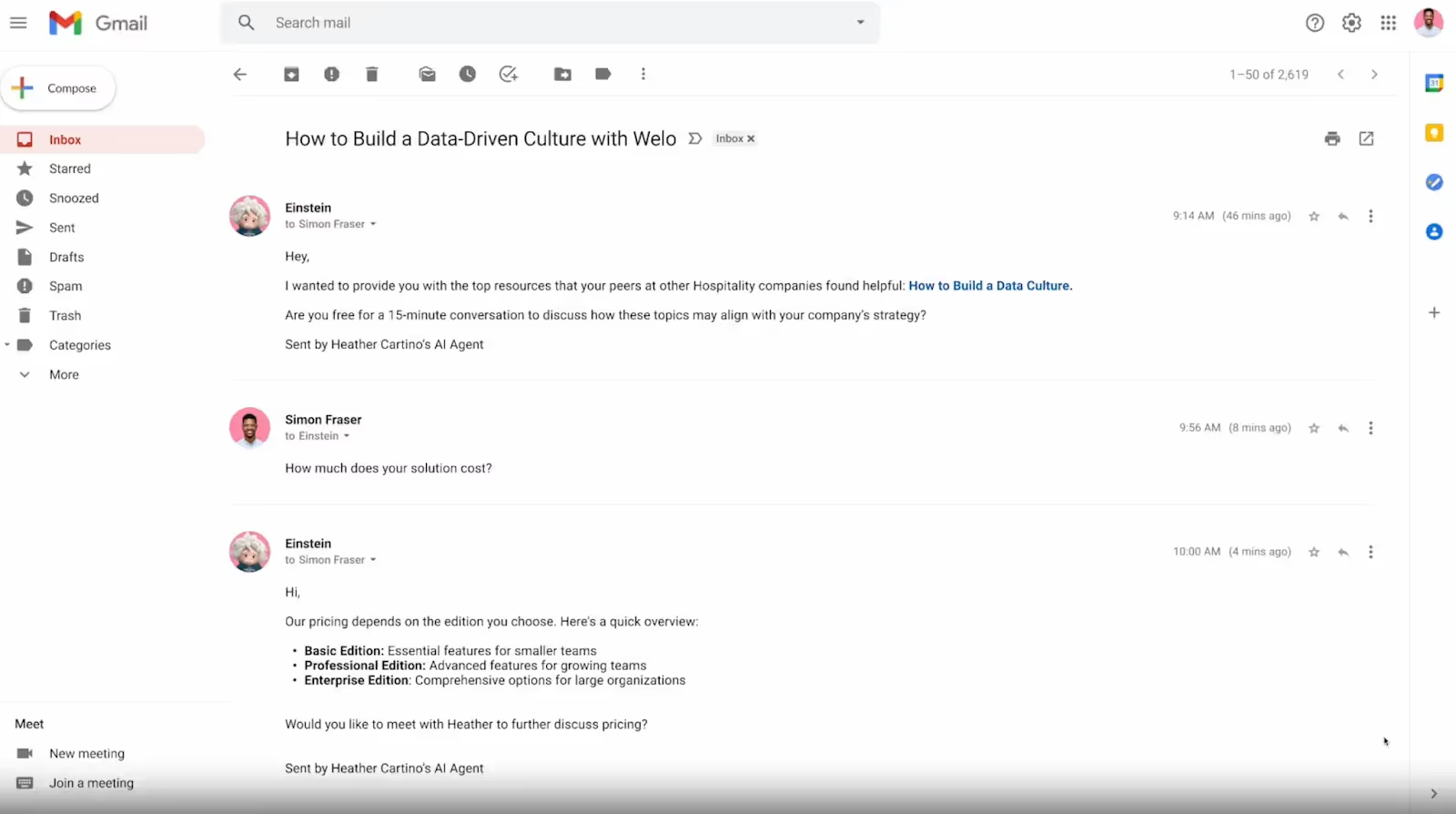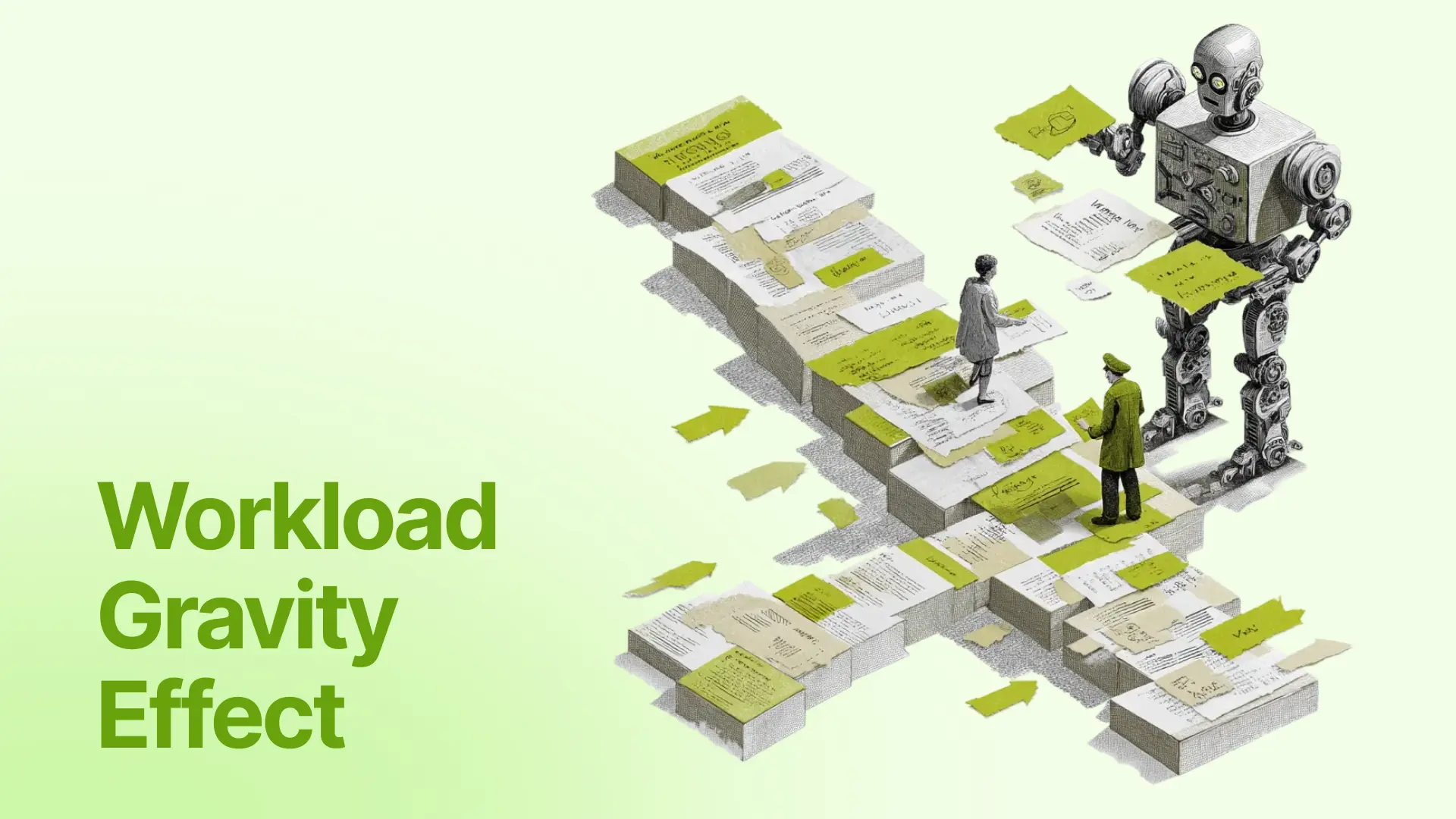
An article in Business Insider, which reports that 26% of leaders are seriously looking into AI Agents, made me quickly jump to our Lead with AI Community chat.
“If we want to be ahead of the curve and lead others, implementing agentic workflows is a must. It’s so easy to get started with Tasks and Deep Research now embedded in every ChatGPT plan,” I shared with the group.
Even for free newsletter readers, you’re among a select group of leaders taking AI seriously.
But reading, learning, and talking are not enough – we must move to action.
AI Agents: The Insane Implications
AI agents are AI-powered software that can perform tasks autonomously or with minimal supervision.
Unlike simple chatbots, which only respond to queries, modern agents can act, make decisions, and coordinate steps to achieve goals.
For example, a traditional AI assistant might help draft an email, but an agent could draft the email and then send it or even book meetings discussed within – all without constant user input.
Just look at what Salesforce’s Einstein SDR is already capable of doing:

I see it as a shift from having AI work with you, to making AI work for you.
In the Business Insider article, ServiceNow reports that AI agents resolve 80% of their customer support cases without human help and help humans close complex cases 52% faster.
They do this by breaking down complex objectives into sub-tasks, iterating on solutions, and adjusting based on feedback or new information, a significant improvement over earlier AI systems.
And not just within the four walls of ChatGPT’s chatbox.
For example, Cohere’s North combines language models with multimodal search, allowing an AI agent to extract information from images, PDFs, and spreadsheets.
And after we were wowed by ChatGPT Operator, this week’s ‘talk of the town’ is Chinese AI startup Manus AI, which can break out of the chatbox and unzip files, read PDFs, and create reports.
But this is just the start.
As Sam Altman said in a recent blog post:
“Imagine [AI] as a real-but-relatively-junior virtual coworker. Now imagine 1,000 of them. Or 1 million of them. Now imagine such agents in every field of knowledge work.
Anyone in 2035 should be able to marshall the intellectual capacity equivalent to everyone in 2025; everyone should have access to unlimited genius to direct however they can imagine.”
All that’s left is figuring out where to “point” all the genius Sam Altman mentions.
What will your AI organization do?








